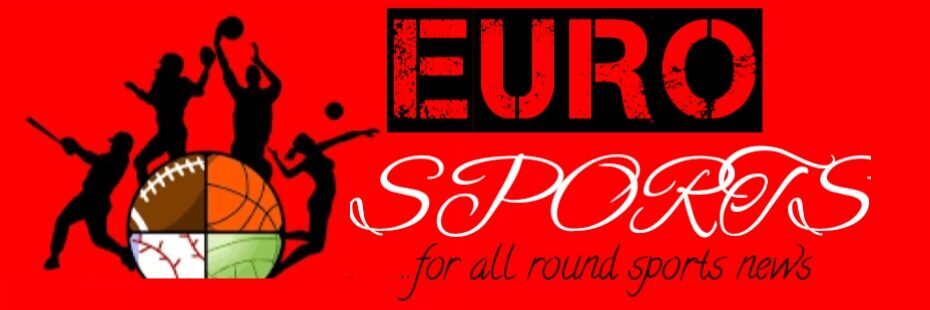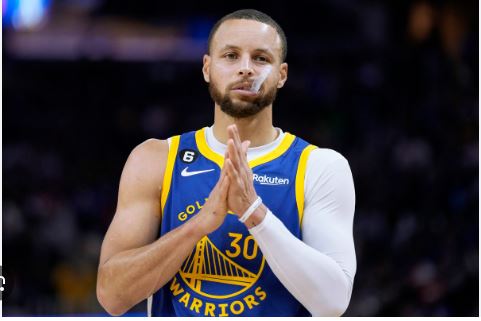Having exclusive control over the gear that a major athlete wears is crucial for sports brands, and Nike has historically secured partnerships with top athletes like LeBron James, Cristiano Ronaldo, Kevin Durant, and Tiger Woods. However, the brand made a costly error that led to losing $14 billion by failing to secure a deal with Stephen Curry.
Curry, who was drafted 7th overall in the NBA, had worn Nike shoes throughout his college career, making it seem almost certain that he would sign with them as a professional. Initially, Curry did sign with Nike, but it was only a four-year deal that lasted until 2013—the same year he exploded into stardom./cdn.vox-cdn.com/uploads/chorus_image/image/71582646/1438781775.0.jpg)
In 2013, Curry made headlines by scoring a career-high 54 points at Madison Square Garden and breaking the single-season record for three-pointers, all while wearing Nike shoes. Despite his rising profile, Nike was slow to renew his contract, allowing Curry to explore offers from other brands. Although Nike had the right to match any offers Curry received, their approach during contract negotiations was lackluster.
Curry, accompanied by his father, met with Nike, and it quickly became evident that the brand did not view him as one of their premier athletes, even though he had been with them for four years and was emerging as a star. The meeting was marked by several missteps, including mispronouncing Curry’s first name, which went uncorrected, and showing a lack of investment in his development compared to younger, less proven players like Anthony Davis and Kyrie Irving, who had been given youth development camps by Nike.
Frustrated by Nike’s disinterest, Curry decided to join Under Armour instead. This decision had a profound impact on both Curry’s career and Under Armour’s fortunes. The brand’s stock price soared from $47 a share to $120, effectively doubling its market value from $14 billion to $28 billion within a few years, largely due to Curry’s influence and marketability.
Nike’s mistake in failing to secure a renewed deal with Curry turned out to be a massive financial blunder, highlighting the importance of recognizing and nurturing talent at the right time.
Stephen Curry left Nike due to a series of missteps and disrespect during contract negotiations that made him feel undervalued by the brand. Here’s a breakdown of the key reasons:
1. **Lack of Priority**: Despite Curry’s rising star power, Nike didn’t treat him as one of their top athletes. This was evident during the presentation they gave to Curry and his father, Dell Curry, in 2013. The presentation was poorly executed, with several glaring mistakes that suggested Nike didn’t view Curry as a priority.
2. **Mispronunciation of His Name**: During the pitch, a Nike executive mispronounced Curry’s first name, calling him “Steph-on” instead of “Stephen.” This mistake, which went uncorrected, was seen as a sign of disrespect and carelessness, indicating that Nike hadn’t taken the time to properly prepare for the meeting or understand the athlete they were negotiating with.
3. **Recycled Presentation**: The presentation Nike gave to Curry reportedly contained slides that were originally meant for another player, Kevin Durant. This further demonstrated a lack of personalization and attention to Curry, making it clear that Nike didn’t see him as a priority.
4. **Lack of Support and Investment**: Nike had given youth development camps to other young stars like Anthony Davis and Kyrie Irving but hadn’t extended the same opportunities to Curry. This signaled to Curry that Nike was more invested in other players, even those less accomplished at the time.
5. **Opportunity with Under Armour**: Feeling undervalued, Curry decided to explore other options. He found a more appealing opportunity with Under Armour, where he was offered not only a better financial deal but also a chance to be the face of the brand. Under Armour was willing to invest in him as their top athlete, something Nike had failed to do.
These factors combined led Curry to leave Nike and sign with Under Armour, a decision that ultimately proved highly successful for both Curry and the brand.

